Eeb Allay Ooo! interview with Prateek Vats
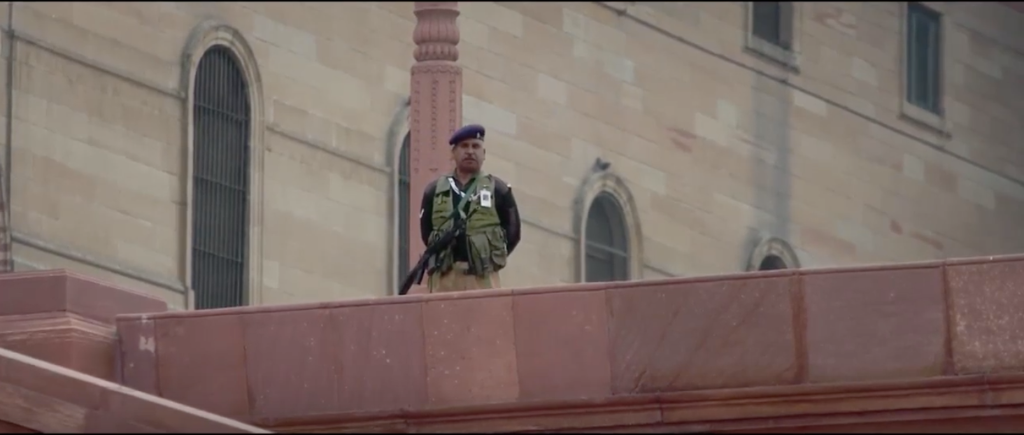
Most cities around the world have some sort of wildlife management plan, although taking steps to control an excessive pigeon population might be the extent of their services. This is not the case in New Delhi. The Indian capital has a task force dedicated to scaring the abundant local hordes of rhesus monkeys away from government buildings and facilities. In director Prateek Vats’s Eeb Allay Ooo!, Anjani (Shardul Bhardwaj) is recruited to become a professional monkey frightener, and his exploits form the basis of a film that both entertains and enlightens. We spoke to Vats at this year’s Berlinale.
Your film had its European debut last night, and ironically for a film that features so much wildlife, it was at a cinema right next to the zoo here in Berlin. Do you enjoy watching your movies in front of an audience to gauge their reaction?
I’m the kind of person who likes to watch it with every audience – at multiple screenings with different audiences. I feel that somehow you can make out how it’s going – how people are responding, especially culturally different audiences from places like China to Hong Kong to here. The responses are so different, and yet they catch onto the same things, it becomes very apparent. Back home in India, obviously there will be slightly different responses because they’re catching on to the small things that can be noticed. But coming from China to here, there have been some really nice experiences of watching the film. You can see the film with audiences, and there’s a collective energy to it. I really like watching several screenings everywhere, so I saw it again this morning as well as last night.
Does that mean you’ll be attending all the Berlinale screenings?
I think so!
You’re a documentarian, but this is your first narrative feature, and it includes a lot of footage of the monkeys of New Delhi. Did your background help with this aspect of making the movie?
It’s not just me actually – the cinematographer, the sound recorders, the editor – we’re all coming from having worked on numerous documentaries and things like that, and it sort of helped us in the sense that documentary-making teaches you to think on your feet – to be flexible, to leave the anxiety of being in control which surrounds fiction films. The documentary helped us to lose that anxiety; it’s okay if things are not happening with the monkeys at the real locations we were shooting at. There were constant improvisations and thinking on our feet, which sort of rubbed off on the entire crew – even with the actors. They were very spontaneous. We used to do a lot of rehearsals beforehand, but when we are on location, on the shoot, everybody knows it has to be right. Even with the given light, or the background action, or location permissions – everything is so fragile. So that was good. We weren’t too put out if we didn’t get anything, or if the shooting wasn’t great for a particular day; it’s okay, it’s just one day, we’ll come back. So that helped a lot. It kept the energy up. It didn’t make us feel down if we didn’t get everything we had planned for.
You’ve made an Indian story in an Indian setting with a subtext that a local audience will certainly be able to identify. Do you think this will be the case with international audiences?
I think it’s a pretty universal thing, and our experience tells us that it’s cutting through audiences, because, yes, it’s an Indian story told in an Indian aesthetic. But look at the political situation across the world right now, from China, to Hong Kong, to what is happening in India – I was just watching the news from India, and there are some terrible things happening out there. And even when we reached here [Berlin], it was one day before that shooting happened and eight people died. So it’s pretty much universal, this whole class system and migrants, where people are being pushed. Ken Loach just made a film about it: Sorry We Missed You. I really don’t think it [Eeb Allay Ooo!] is very specific to my country – of course, the telling of the story is, yes – but our experience of showing it has told us that it goes beyond India.
You mentioned the Indian aesthetic. Do you think that directors film their own country in a different way to foreign filmmakers? There are films like The Best Exotic Marigold Hotel for example, which practically fetishise India?
I think so. It’s the gaze. It’s like when we come here, we look at Berlin, and everything seems equally important, new and fresh. Like you said – it’s fetishised. It’s to do with the inherent gaze of how we’re looking at the things around us in our home country, and critiquing it, and not over-exoticising anything, and just cutting through to what we want to say and what we want to see. I remember when we were at film school ten years ago, we’d come to Stuttgart and Munich on an exchange programme. We were shooting some documentary footage, and everything seemed so interesting. It was so new. Then when we finally tried to edit it, we just couldn’t put it together, because there was no context for anything. There were just these nice-looking shots, and I couldn’t make head nor tail of it because I felt like such an outsider to my own footage.
You’ve certainly gone with a distinctive title for your film, but was this always the plan?
Pretty much. Before we started filming, we had a working title, which was more to do with the monkey of central Delhi, or something like that. But once we started, once we met Mahender [Mahender Nath – a real monkey scarer who appears in the film] and this whole “eeb allay ooo” sound came along, and we knew as the narrative was unfolding, because it was talking about these nonsensical words, and we wanted to have a title that was intriguing, which was a sound, rather than meaning something or trying to make it into a metaphor. The trouble with such titles is that everybody says it’s hard to register, but that’s what it is. We felt that this name sort of captures the spirit of the film, which is a little bit nonsensical.
Oliver Johnston
Eeb Allay Ooo! does not have a UK release date yet.
Read more reviews from our Berlin Film Festival 2020 coverage here.
For further information about the event visit the Berlin Film Festival website here.
Watch the trailer for Eeb Allay Ooo! here:


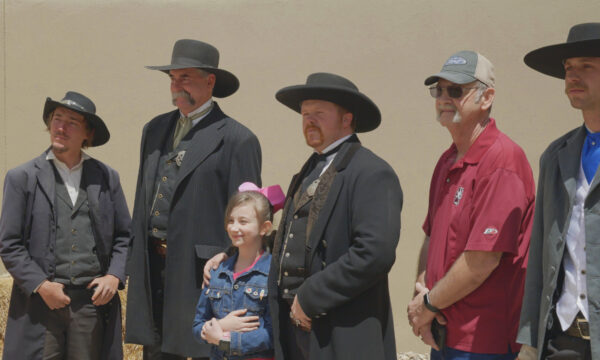

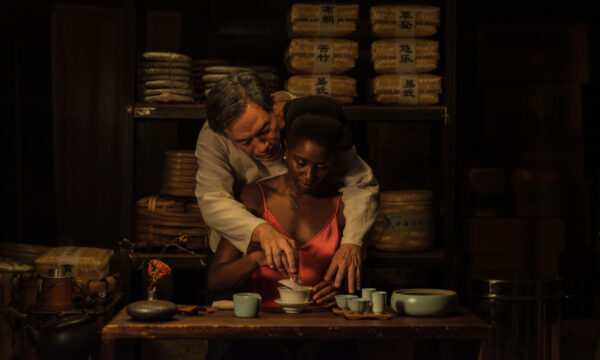
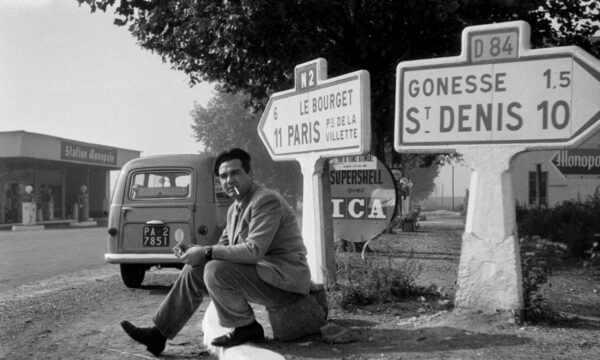
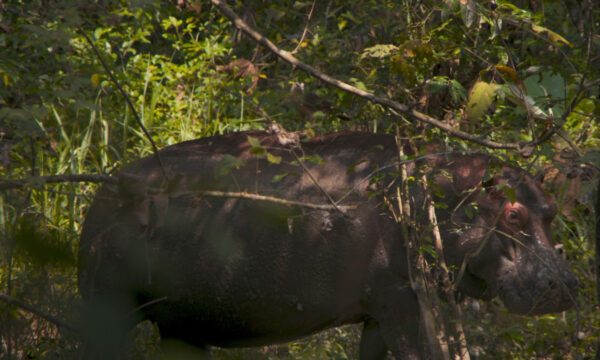
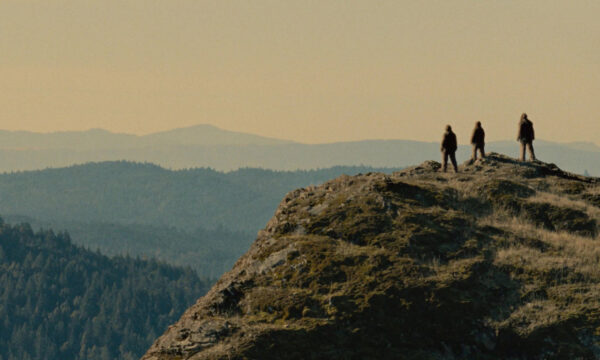
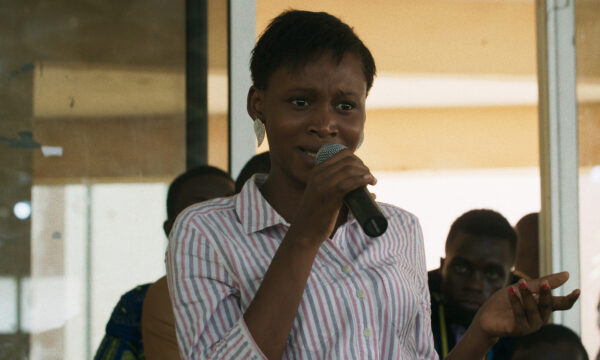






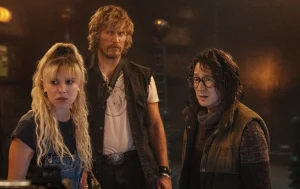
Facebook
Twitter
Instagram
YouTube
RSS